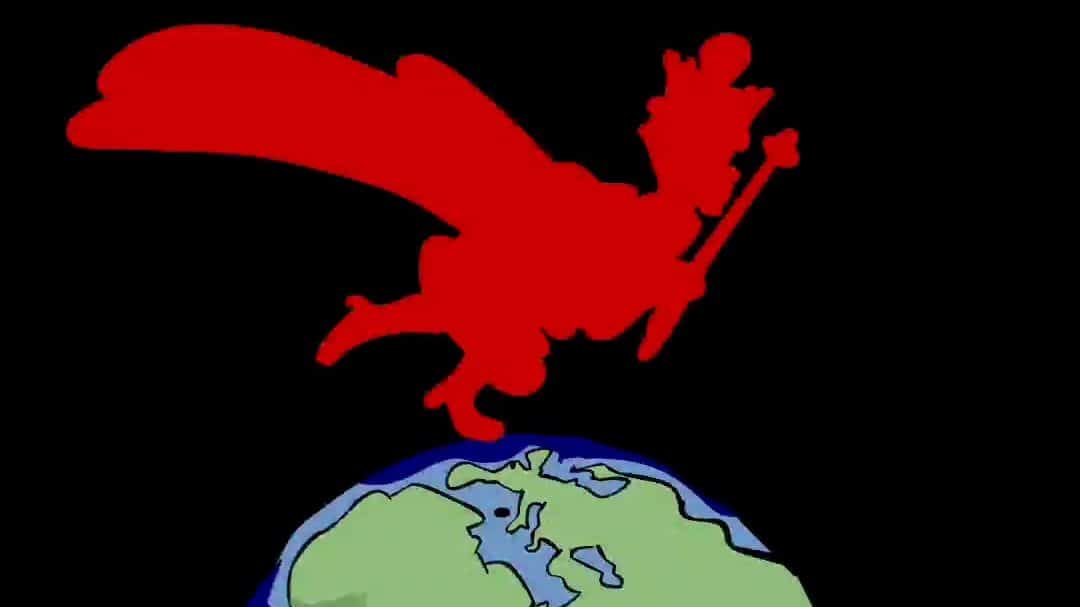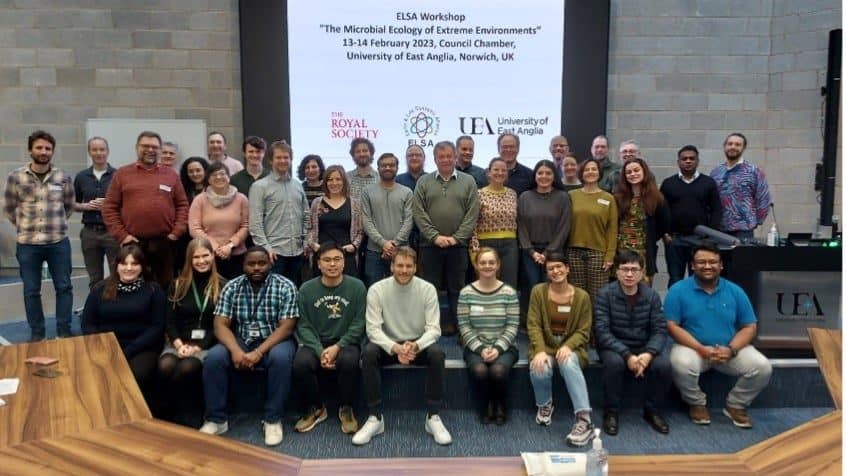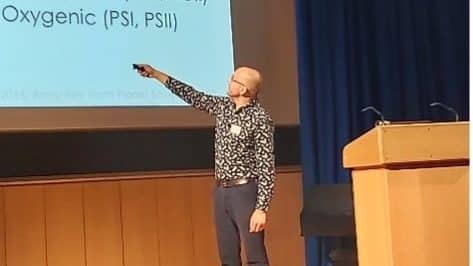The COVID-19 pandemic has reminded us about the fragility of our human society, and we are still struggling to find the right balance between economic growth, the environment, and human health.
The new editorial by Prof Cock van Oosterhout describes how the world’s vast population of people, pets and livestock have created an ideal breeding ground for infectious diseases which are passed between humans and animals. Increased rates of hybridisation and spillover events have shifted the coevolutionary balance in favour of zoonotic pathogens. With their vast population sizes, high mutation rates, propensity to recombine, and rapid rate of replication, viral pathogens were the first out of the evolutionary starting block. Parasites and pathogens such as SARS-CoV-2 are leading their hosts in the Red Queens arms race. Resetting this imbalance requires difficult political decisions, and it calls for less selfish behaviour, more social responsibility, and the acceptance of rules designed to control pandemics. Humans are not immune to the coevolutionary processes involving pathogens, and in order to stem pathogen evolution in the future, it will be necessary to minimise pathogen gene flow, maximise genetic variation in livestock, and reduce consumption of animal protein. Implementing an internationally coordinated strategy aimed at finding environmentally and coevolutionary sustainable solutions requires broad public support to mitigate the threat of emerging infectious diseases.
‘Mitigating the threat of emerging infectious diseases; a coevolutionary perspective’ is published in the journal Virulence on 7 May 2021: https://doi.org/10.1080/21505594.2021.1920741.
This work was supported by the Earth and Life Systems Alliance (ELSA) of the Norwich Research Park.


